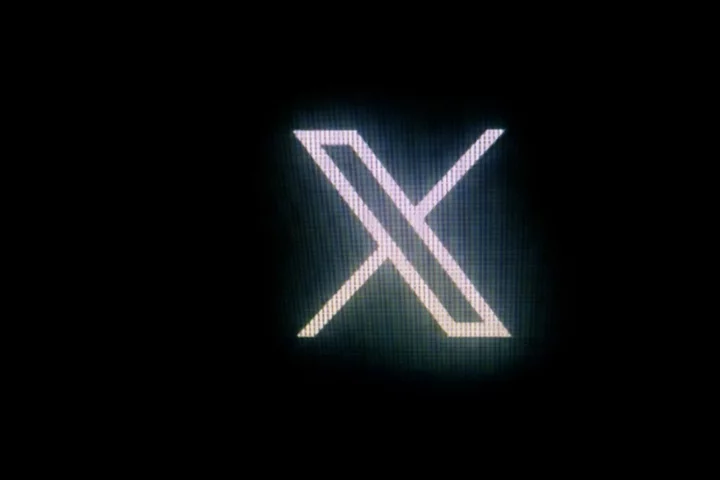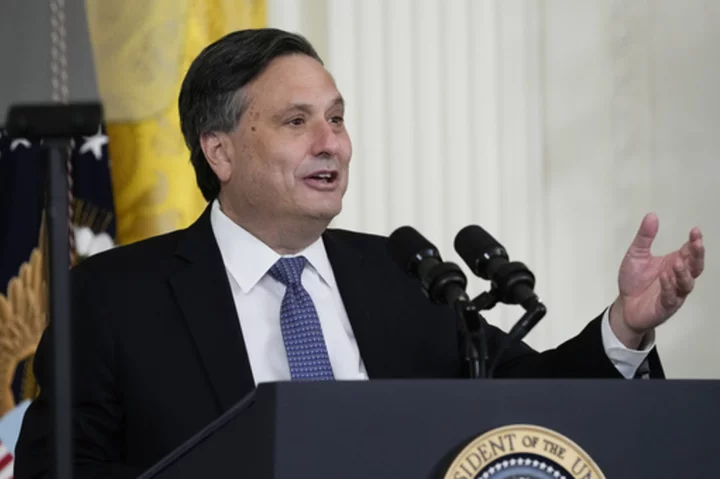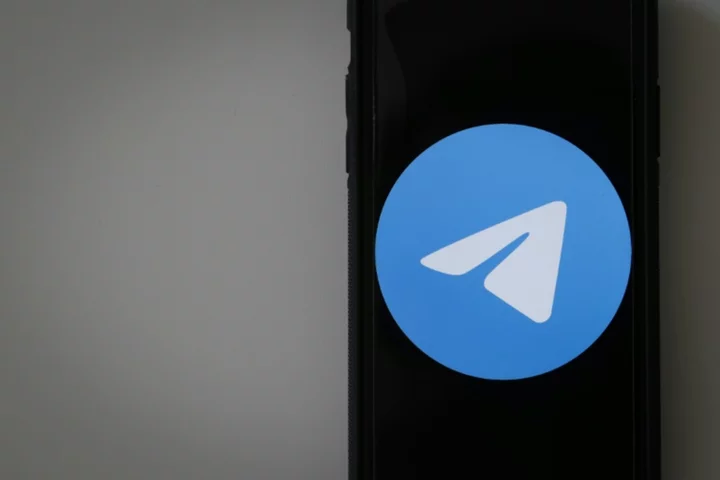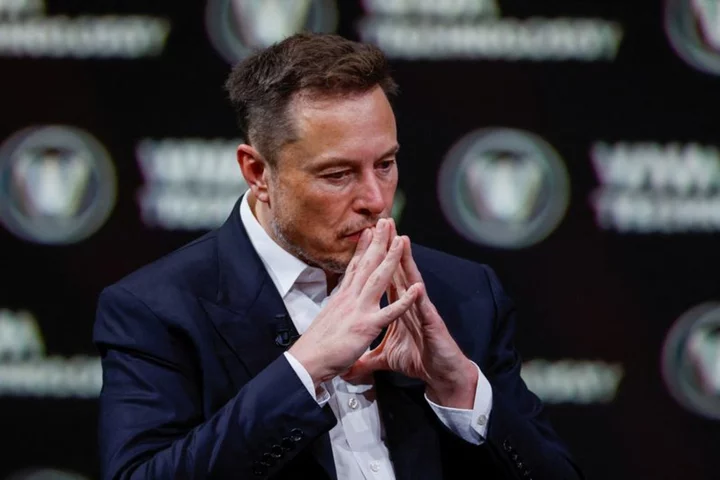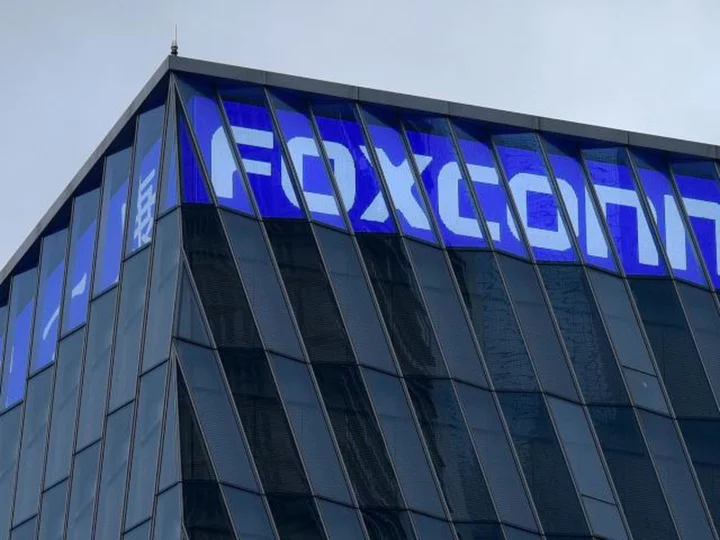The social media site X, formerly known as Twitter, said Tuesday it has started charging new users in New Zealand and the Philippines for basic features such as posting messages in a trial aimed at reducing spam.
Tech billionaire Elon Musk, who bought Twitter last year for $44 billion, has long complained about fake accounts, bots and spam on the platform, introducing a number of controversial changes that have been sharply criticized by users around the world.
Under the trial, named "Not A Bot", new users in New Zealand and the Philippines will have to pay an annual fee for the ability to write on X, like and reply to posts, and bookmark content.
"This new program aims to defend against bots and spammers who attempt to manipulate the platform and disrupt the experience of other X users," the company said on its website.
"It is not a profit driver," it said in a separate post on X. "So far, subscription options have proven to be the main solution that works at scale."
It added that existing users will not be affected by the model, which will cost around $0.75 per year for new users in the Philippines and $0.85 for those in New Zealand.
Those who decline to pay will be able to access X in read-only mode, limited to viewing content and following accounts, the company said.
"Anything that a platform does to protect their users from the harm they might experience is a step in the right direction," said NetSafe, an independent online safety charity in New Zealand.
"Whether trying to stop bots from contacting people indirectly, that might engage in harmful conversations, or taking steps to verify who its users are... those things are potentially useful in trying to reduce harm."
But Jonathan de Santos, chair of the National Union of Journalists of the Philippines, said this would limit participation.
"We get that the program is meant to curb the use of bots, but this also seems like putting the burden of fighting misinformation and disinformation on users," he said.
Musk in September suggested charging all X users, saying it was the only way to combat the spam and bots that plague the platform.
But the idea was widely panned by users. Industry analysts said it would make X even less appealing to advertisers.
After taking over the company, the billionaire sacked thousands of staff and drew criticism for allowing banned conspiracy theorists and extremists back on the platform, sending advertisers fleeing.
Musk said in July that X had lost roughly half its ad revenue.
A month earlier, he had claimed that almost all advertisers had returned and that 90 percent of bots had been removed.
da/caw/burs-qan/leg

